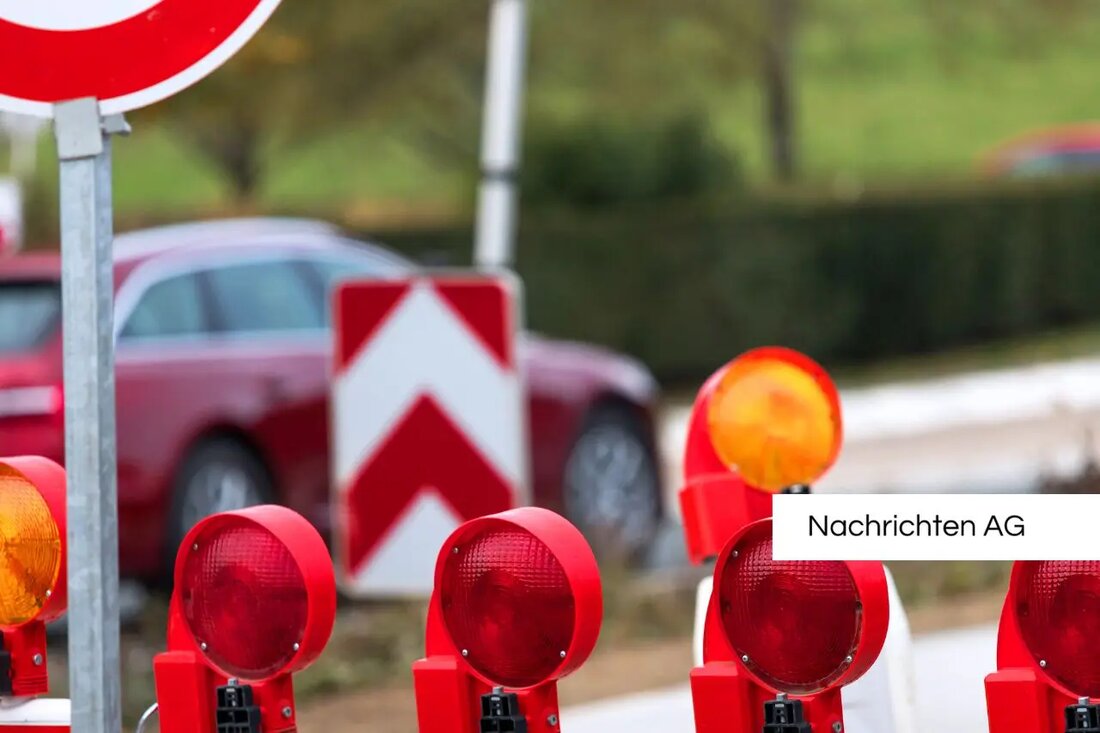Dobrindt quits stricter border controls: migrant dismissals in sight!

Dobrindt quits stricter border controls: migrant dismissals in sight!
Federal Minister of the Interior Alexander Dobrindt is faced with the task of redesigning Germany's asylum policy. On May 4, 2025, the day of his office, he announced increased rejections from migrants and more intensive controls at the German external borders. The aim is to reduce the numbers of illegal entry, while at the same time human aspects remain in the foreground, as Dobrindt emphasizes. In his first decisions that are expected next Wednesday, he made it clear: "There will be no border closures."
To support the new course, additional federal police officers should be sent to the borders. Dobrindt sees this as a necessary step in view of the current situation. However, it is not without resistance. The police union (GdP) expresses concerns. Her chairman Andreas Roßkopf warned of a "ping pong game" with neighboring countries if asylum seekers are rejected, which harbors the risk of uncoordinated refugee policy.
background of migration
The asylum figures in Germany show that a total of 229,751 people submitted an asylum application for the first time in 2022, which represents a decline of around 100,000 compared to the previous year. The main judgment of asylum seekers are still Syria, Afghanistan and Turkey. The blocking of the refugee route to Hungary through Serbia plays a decisive role in this decline in November 2023, which had a clear impact on migration to Germany.
In the coalition agreement between the CDU/CSU and SPD, it was stipulated that rejections at the common limits should only take place in coordination with European partner countries. However, it remains unclear to what extent this requires the consent or a pure consultation of the neighbors, which continues to complicated Dobrindt's new politics.
European dimension of border controls
At the European level, a new border process for asylum decisions has been in force since April 2024, which serves the goal of significantly reducing the processing time for asylum applications. This procedure stipulates that applications are processed at the EU external borders immediately after the review of asylum seekers. A quick procedure is mandatory if applicants are considered a danger to national security or come from countries that have historically granted little recognition of asylum applications. If an application is rejected, rejected applicants must be sent back within twelve weeks, and they must not enter the EU country during the border procedure.
The European Commission will also set a maximum number of asylum applications that can be processed by each EU country at its limits. This could have far -reaching consequences for German asylum policy and future negotiations under European supervision.
| Details | |
|---|---|
| Quellen | |
